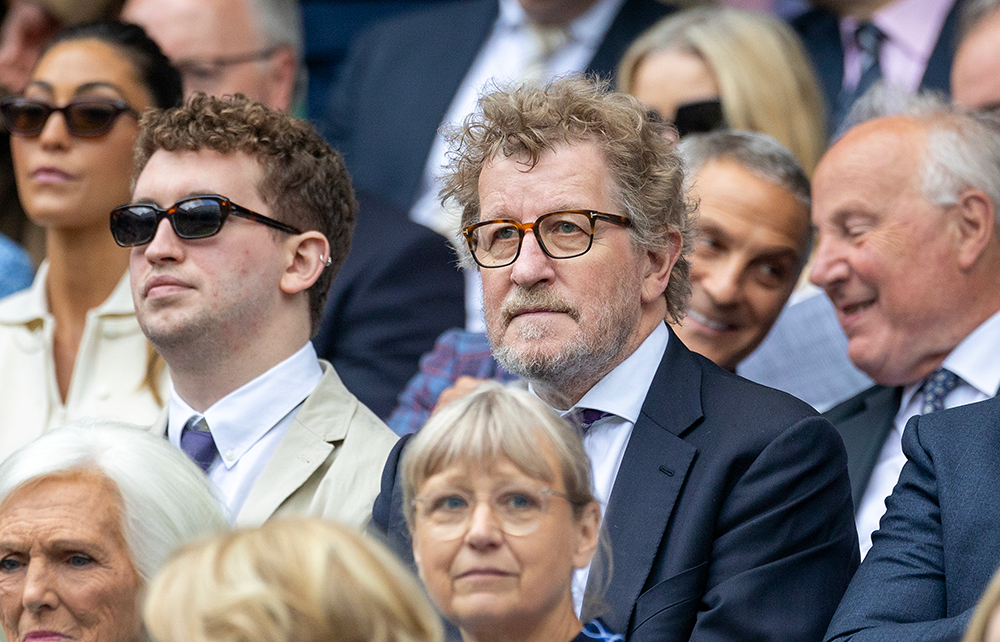Sebastian Faulks’s new novel poses questions about the meaning of humanity and the significance of difference. Set in the near future – the action starts in 2030 – it centres around Talissa, a clever postgrad anthropologist from New York, who offers to become a surrogate mother to strangers in order to earn money to continue studying the recent past. It’s just a temporary use of her womb, she argues. But, as she soon finds out, even if everything had gone to plan, body parts can’t often be loaned without emotional attachments. And things don’t go to plan, because Lukas Parn, the billionaire owner of the foundation that carries out the embryo transfer, has ulterior motives.
Faulks ingeniously conjures up a world only slightly different to ours. Electronic chips embedded in citizens’ wrists pay for public transport and services. Driverless cars are ubiquitous and people fly in new ways. Anti-discrimination and equality laws prohibit the use of words such as ‘race’. A points system allocates credit to those whose characteristics and backgrounds are considered disadvantageous. Most crucially, maverick scientists are capable of feats of genetic engineering which are deemed unethical, but their services can be bought for the right price.
Talissa and the grateful parents embark on what they think is straightforward surrogacy. Meanwhile, Parn is gleeful that he and his scientists are the first to carry out daring genetic research, albeit illegally. But Parn doesn’t reckon with the intelligence, intuition and professional expertise of Talissa, and soon the terrible consequences of live human experimentation become apparent.
I loved everything about this book except a sex scene towards the end which seemed antithetical to the personalities of the individuals involved. And I questioned a scientist saying that consciousness is not a survival advantage, since consciousness enables empathy and altruism, which are reciprocated and help survival. But the novel is compelling from start to finish, and in examining what is necessary to make us human, and in showing the base, salacious behaviour of some of the genetically lucky, it subverts prejudices of superiority.






Comments